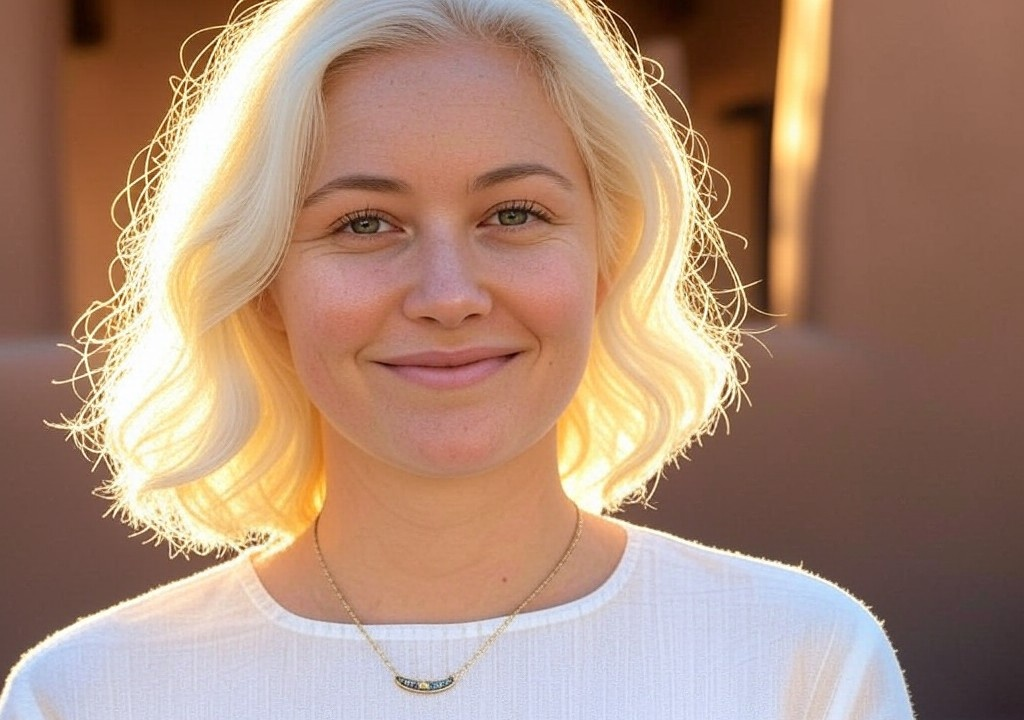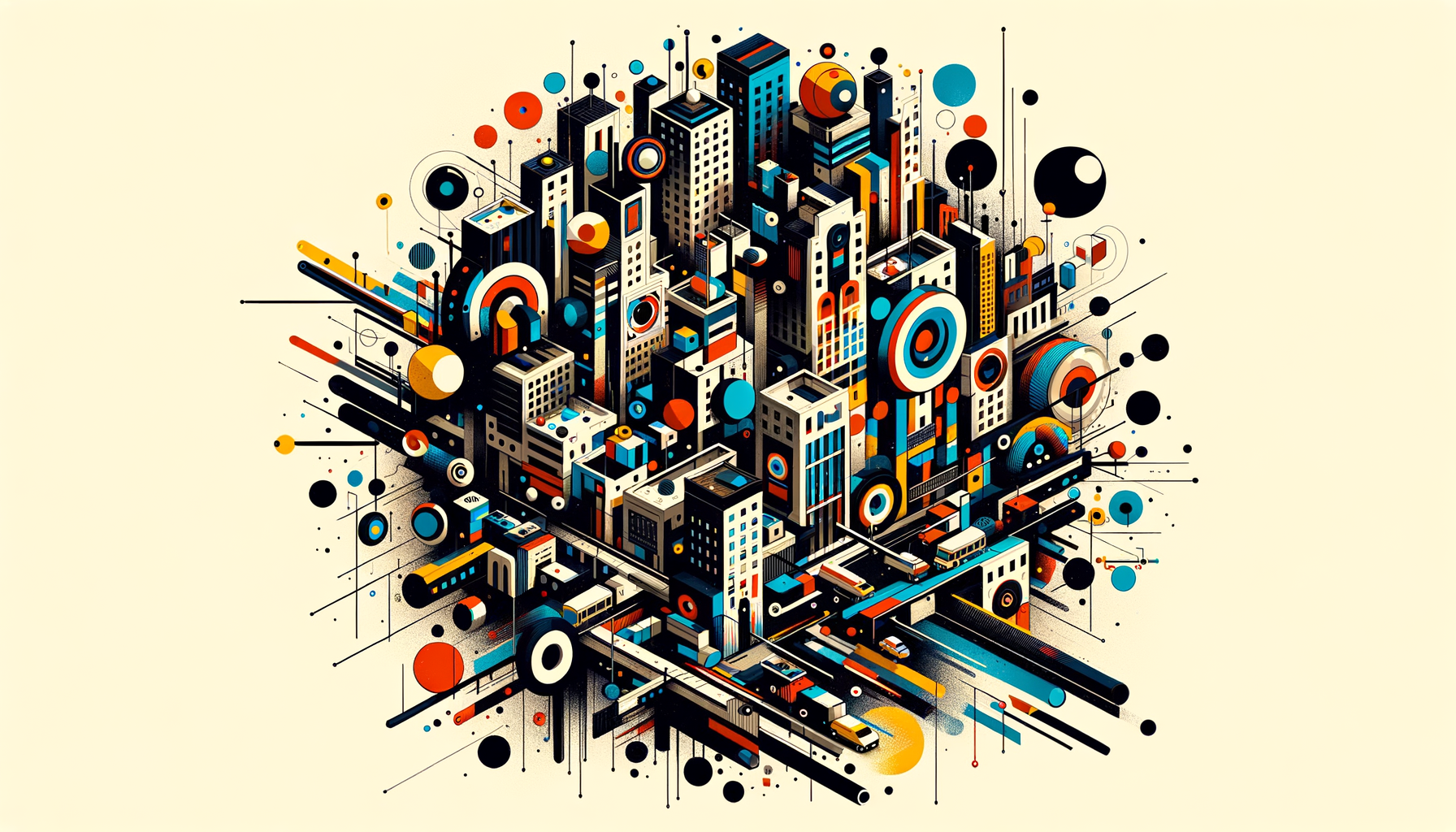Here’s to Staying Real: Why Authenticity is My North Star
Why Faking It Always Ends in Facepalms
Let’s set the scene: it’s a Thursday night. You’re scrolling through a dating app (even though you said you’d delete it after the last “How was your weekend?” snooze-fest convo), and there it is—a profile so polished it practically sparkles. They run marathons (ugh), volunteer at a turtle sanctuary (okay, cute), and cook Michelin-star-level risotto in their spare time (?!). Sounds dreamy, right? But halfway through your first date with Risotto Royalty, you realize they can’t even parallel park, let alone hand-whisk a béchamel.
Cue the disappointment.
This is why authenticity matters—in dating, friendships, and the million micro-connections that shape our lives. And before you think I’m throwing stones from a glass house, let me own it: I’ve been the fakey McFakerson, sanding down my own edges to seem more “interesting” or “chill” or whatever adjective was trending at the time. Spoiler: it didn’t end well.
How Growing Up Among Artists Taught Me (the Hard Way) to Be Myself
I grew up surrounded by creativity—in walls the color of sunbaked clay, markets buzzing with turquoise jewelry, and parents who somehow turned our family business into a love letter to the Southwest. Art wasn’t just something we bought or sold; art was how you moved through the world. You couldn’t visit my mom’s gallery without hearing her remind someone, “Art isn’t about perfection. It’s about truth.”
At age 13, though, "truth" wasn’t high on my list. Like most kids, I just wanted to fit in. So I swapped my flowy skirts for Abercrombie denim and pretended not to know the difference between Georgia O’Keeffe and your average Pinterest cow skull painting. None of this helped my popularity (spoiler: kids in a small desert town don’t suddenly think you’re cool because you quote Beyoncé’s “Bootylicious” chorus by the bleachers). What it did was alienate me from, well, me. My mom caught on quickly. One night, after I’d begged for a Hot Topic gift card for Christmas (please don’t ask), she said, “Pretending to be someone else is exhausting. Wouldn’t you rather be loved for who you are?”
I rolled my eyes then (teenagers, right?), but her words embedded themselves into my brain. They whispered at me every time I dimmed my own light to match someone else’s. And by the time I got to college, I found that authenticity felt better than the performance ever had.
What Trying Too Hard Taught Me About Relationships
Fast forward to dating in my 20s—a time when I’d spend hours prepping for a first date as though I were pitching myself at a Shark Tank panel. I’d pre-emptively read up on their interests (craft beer? I guess I’ll Google “best IPAs”), picked outfits that said “I’m effortless but also stunning,” and rehearsed my answers to hypothetical questions. I’m not against a little prep—I will die on the hill of wearing a good blazer to bolster confidence—but what I realized is that my anxiety about "landing the date" drowned out one crucial question: Do I even like them?
When you’re busy putting on a one-woman show of “Ideal Partner Material,” you miss the basics—how much they laugh, whether your values align, or whether they chew with their mouth open (hey, it’s a thing). I dated a guy for three months before realizing I liked him way more on paper than in person. Sure, he ticked boxes (kind, financially stable, bonus points for owning a dog), but we had little in common beyond a shared love of Thai takeout. Eventually, I admitted that I’d been pretending to like CrossFit so we could “bond.”
Plot twist: I hate CrossFit. I am allergic to burpees.
How to Stop Performing and Start Connecting
If my trial-and-error taught me anything, it’s this—relationships don’t survive on split-second impressions or curated personas. The real stuff, the meaningful connections, come from being unapologetically yourself. That doesn’t mean spilling your life story over chips and salsa on a first date (please don’t), but it does mean showing up as you are and trusting that the right people will meet you there.
Here are a few ways to start:
-
Get Clear on Your Values
Before you worry about what someone else wants, ask yourself: What do I want? Is it kindness? A shared sense of adventure? A partner who respects your love for spreadsheets and true crime podcasts? Knowing your non-negotiables saves time and energy. Trust me; dating without clarity is like grocery shopping hungry—you either overcommit or settle for garbage. -
Own Your 'Quirks'
Your quirks are your superpower. Do you sing karaoke sober? Cry at rom-com commercials? Keep an emergency bottle of Cholula in your purse? Same. These idiosyncrasies are often what makes us endearing (or, at least, memorable). -
Don’t Fear the Awkward
Vulnerability is messy and kind of scary at first, but you can’t build intimacy without it. One time, a second date asked me—a proud allergic-to-CrossFit human—if I wanted to join him for a 5K. I straight up admitted I hate running but would cheer him on from the finish line. He laughed, I laughed, and things flowed better from there. Being honest about what you don’t vibe with is just as important as what you do.
Art and Dating: The Mess Makes It Beautiful
For me, this all comes full circle. Working at my parents’ gallery, I’ve seen countless versions of someone freezing up in front of a blank canvas. They’ll stand there, overthinking every brushstroke. Will it look good enough? What if I make a mistake? But art, like love, isn’t about “perfect” execution. Often, the smudges, drips, and imperfections make a painting come alive. I believe relationships are the same way. They’re rarely polished, but that’s what gives them texture and meaning.
If I’ve learned anything (from tequila-fueled karaoke nights, heartbreaks, and small-town BBQs heavy on wise grannies), it’s this: the right people—friends, lovers, even random strangers—will appreciate you most when you stop diluting your true self. Show them the colors you were born with. And if it doesn’t work out? You’re still the masterpiece.




















